Online reputation management is a tough nut to crack. Many people ignore it altogether because they’re not sure where to start. But online reputation has become a major factor in people’s purchase decisions today.
In fact, according to Localbright, “85% of consumers trust online reviews as much as personal recommendations” and “49% of consumers need at least a four-star rating before they choose to use a business.”
So being aware of and managing your brand’s online reputation is the first step in any digital marketing effort.
What is Online Reputation?
The best way to understand what is online reputation is by doing a google search of your brand. You will see many different things, some of which may be unexpected. Apart from your website and content generated by the brand, there will be other things too.
Your Google My Business listing will have many online reviews with users outlining both positive and negative experiences. You will also be able to see employee reviews on Glassdoor where people talk about what it’s like to work at your company.
You will also probably see posts on your company’s Facebook page, tweets mentioning your brand or comments on Instagram posts. These mostly revolve around your users’ experience with your company.
All of these things together give someone a first impression about your company. Since 81% of online shoppers do online research before making a purchase, this reputation starts to matter.
Why Does Your Online Reputation Matter?
Until recently, it was almost possible for there to be a wall between you and your customers on the internet. Websites were mostly static and functional, information flowed one-way from you to your customers, and communication was almost always top-down.
The scenario has changed dramatically in the last few years. Today, customers are eager to engage with brands whose products they use. And they have access to online platforms that enable them to do this.
Many brands today proactively encourage participation from their customers. From online communities to user-generated content, customer engagement has reached a whole new level. Many brands aspire towards greater transparency so that they can be real and authentic for their consumers.
While this is great in many ways, it also has a flipside. Customers are now used to sharing their experiences online. Whether it’s in a tweet or on a Facebook post, chances are customers are already sharing their experience of your product.
The fact of the matter is, you cannot just ignore this online chatter. Even if you decide not to be proactive about involving customers, people will still talk about you online. If you choose not to engage, then you will have absolutely no control over the narrative.
That’s why it is important to focus on your online reputation. In today’s connected age, your online reputation is nothing but your reputation. And because information is now accessible so easily, a bad reputation can actually destroy your business.
To understand what is online reputation management, you need to have an insight into what constitutes your online reputation. Luckily, most threats to your online reputation can easily be managed. Being prepared and proactive is key.
Threats To Your Online Reputation
For successful online reputation management, you first need to understand some of the major threats to your brand’s online reputation. These are also known as online reputation bombs.
1. Negative Reviews
Reviews have almost become a part of consumers’ psyche. Whether it’s writing a restaurant review on Zomato or writing about a product on Amazon, customers don’t shy away from sharing their opinions.
These peer reviews also have a huge influence when it comes to customers making buying decisions. In fact, 95% of buyers read customer reviews before making a purchase. There are even sites dedicated exclusively to express your frustration with a product or service. Negative reviews can have a long-lasting impact on your brand reputation.

2. Unfavourable Media Stories
When it comes to brands and companies that sell products based on trust, there is such a thing as bad publicity. With any number of media sites online and a 24-hour news cycle, unfavourable media coverage can really dent your reputation. Nestle’s recent crisis with safety issues around it’s instant noodles brand Maggi is probably the best example of this.
3. Hate Sites
These are a very extreme form of online negativity that can harm your reputation in a big way. Hate sites often contain extreme opinions, abusive language and even illegal content. A hate site which calls your product a “scam” can make customers run in the opposite direction.
4. Customer Complaints On Social Media
These are relatively less harmful than the other three but can snowball if not handled properly. Many customers resort to posting on a company’s social media page if they have a bad product experience. This usually happens if the experience was unusually poor or if the customer didn’t get a proper response from the usual customer service channels.
What is Online Reputation Management?
Online reputation management or online reputation marketing is the process of proactively influencing what information customers will find when they search for your brand. It means being proactive about putting good things about your brand out there. It also means responding to the negative mentions of your brand in a way that is constructive and customer-centric.
A key element of online reputation management is pushing favourable brand-created or third-party content higher in the search engine rankings. This brings down the ranking of damaging and harmful content about your brand. This is especially important because the top 5 search results on Google receive two-thirds of the clicks.
Another important aspect of online reputation management is combatting negative reviews by dealing with them in constructive ways. Encouraging happy customers to provide positive reviews in different content formats is another aspect of online reputation management.

Marketing Channels Involved In Online Reputation Management
Online reputation management is also referred to as online reputation marketing. To understand what is online reputation management, you have to understand the marketing techniques it uses. Here are some of the key marketing channels used in online reputation marketing. Together, they form the PESO model.
1. Paid Media
Paid media is often known as the quick-fix in online reputation management. Whether it’s paid posts in industry blogs, PPC advertising with Google Adwords, or sponsored content on social media. Paid media helps quickly inform users about the positive aspects of your brand, thus distracting them from the negativity. However, this isn’t the best option in the long run and can only provide short-term distractions.
2. Earned Media
Earned media is nothing but positive brand mentions that you don’t need to pay for. They are earned by virtue of the superior quality and experience of your product. Of course, there are always ways to encourage the right influencers to find and review your products without having to pay for it. Active online reputation management is about finding ways to make the most of earned media.
3. Social Media
Social media is an integral tool in online reputation management. Social media channels are an extension of your brand and a platform for people to interact with the brand and each other. Start a particular social media channel only if you’re willing to spend the time and effort to post fresh content and manage it actively. It’s better not to have a social media channel than to have an inactive one. Few things are worse than customer queries and issues on social media that don’t receive a response.
4. Owned Properties
Owned properties include things like your website and your blog. Since you have complete control over content on these platforms, they are a great way to put your brand message out there. However, it’s important to keep the number of owned properties limited so that they can be distinguished from each other. It’s also important to remember that you can’t afford to ignore the other marketing channels because the credibility of an owned property is always lower than peer reviews.

The Top Principles Of Online Reputation Management(ORM)
Here are some tips that will form the building blocks of effective online reputation marketing. You can also undergo detailed training to understand the basics of what is online reputation management.
1. Focus On Building Credibility
Trust and credibility is the key to a good reputation. Trust is hard to gain and needs a lot of focussed effort from your end. Luckily, there are many tools that can make that happen now. From guest posts on credible websites to personalized videos, there’s a lot you can do to establish trust in your brand.
2. Establish Transparency
It’s easy to talk about transparency but difficult to cultivate it as part of the brand culture. Most small and medium-sized businesses are not used to open communication. As a result, attempts at transparency can sometimes lead to confusion and inconsistency.
However, in today’s connected world, the truth finds its way out much more easily. Companies that make an effort to be transparent have the advantage of shaping the narrative. Efforts at transparency include allowing employees to talk publicly about products, asking for customer feedback, addressing criticism publicly, and creating 1-to-1 channels for communication.
3. Monitor Brand Mentions
In order to manage your online reputation, you first need to have a handle on what’s being said about you. This is where social media monitoring comes in. Use the right tools to monitor when people talk about you online. Make sure you know what they are saying. If there are brand mentions that need immediate attention, craft your responses accordingly. Immediately address negative mentions and highlight positive ones by sharing them on your marketing channels.

4. Use Effective ORM Tools
Luckily, there are online reputation management tools available to make online reputation management simpler. There are tools like Awario, BrandWatch, and Grade.us that help you monitor and analyze brand mentions so that you can craft a strategy accordingly. Then there are more specific tools like GoFish that help you find negative reviews of your brand on 40+ complaint websites. Or SEO Spyglass that helps you monitor and manage backlinks which affect your reputation when it comes to SEO.
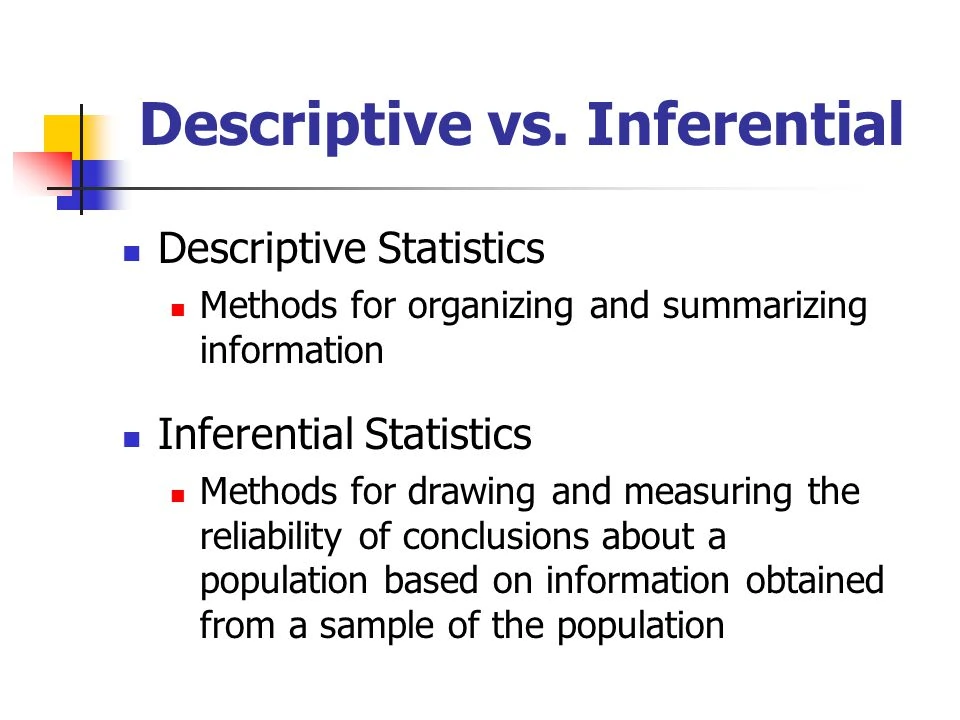
5. Deal With Criticism The Right Way
When not dealt with effectively, even mild criticism can snowball into a full-blown PR nightmare. Most brands go wrong here because they get defensive very quickly. A lot of criticism that comes from genuine customers is legitimate and constructive. It should be seen as such.
Legitimate complaints and criticisms should not only be considered and resolved but also engaged with publicly. This doesn’t just help you improve as a company. It also helps prospective and existing customers see you as a brand that truly cares about self-improvement. There’s no better way to turn a tragedy into an opportunity and win loyal followers.
6. Crackdown On Detractors
It’s also important to distinguish genuine critics from detractors. There will be one section of critics who just seem like they are out to get you. Their objective is to bring your brand down instead of seeing you improve. They may even use illegal content and engage in inappropriate behaviour online.
It’s important to take strict action against these detractors. For example, some Dominos employees posted horrible videos of them playing with the food. They were fired and arrested. Sometimes, you do have to get down and dirty to protect your reputation; whether it’s calling the cops or filing a lawsuit.
Conclusion
Online reputation is something almost every brand has to live with. The bigger you get, the more people will talk. By ignoring online voices, you will only lose control over the narrative. The best way to deal with this scenario is by proactively managing your online reputation. Use the tips and tools in this article to ensure that you stay on top of your online reputation.
If you are looking forward to building a strong online reputation for your business, enroll in our Online Reputation Management training and acquire the right ORM skills.
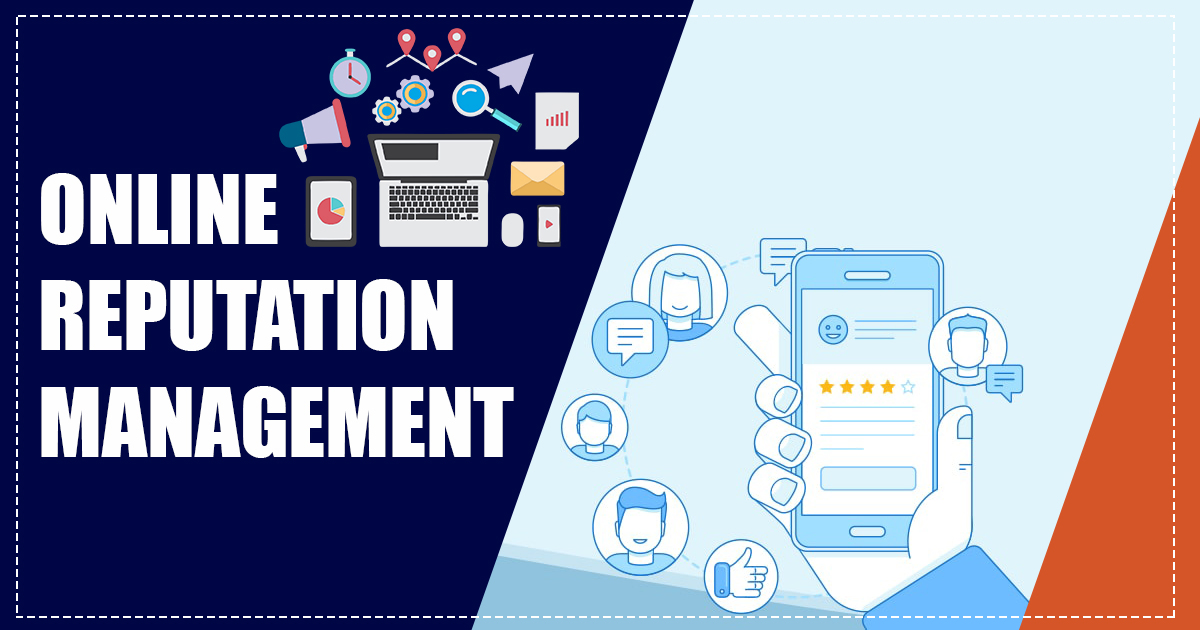




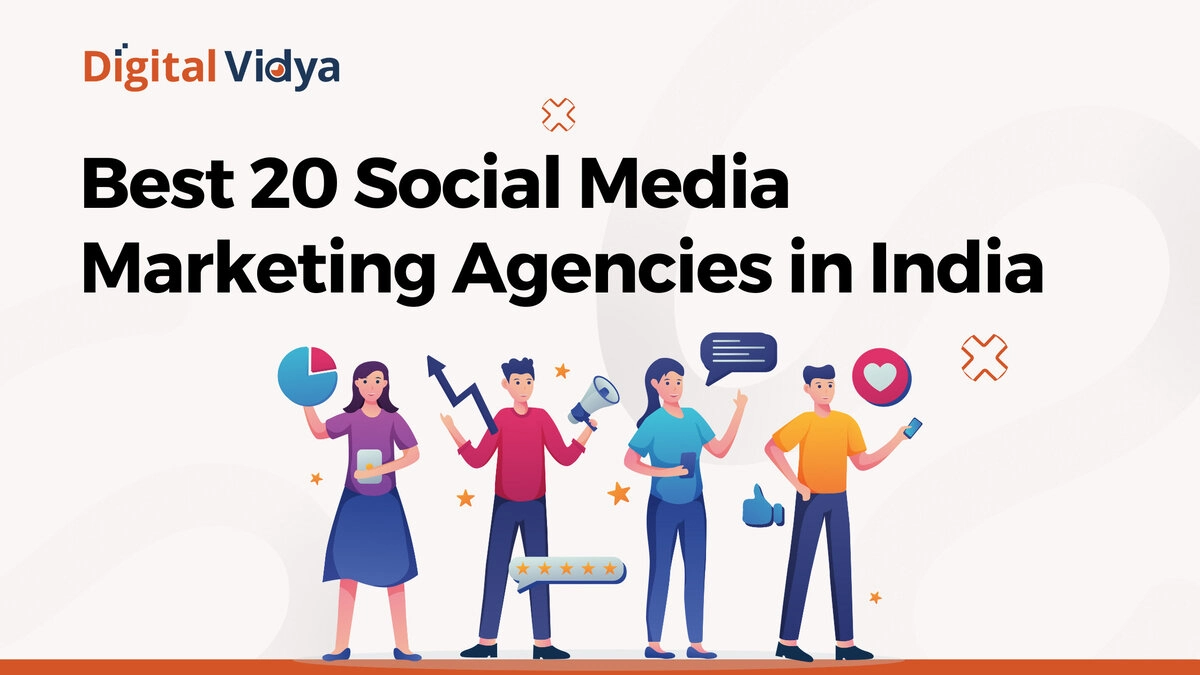
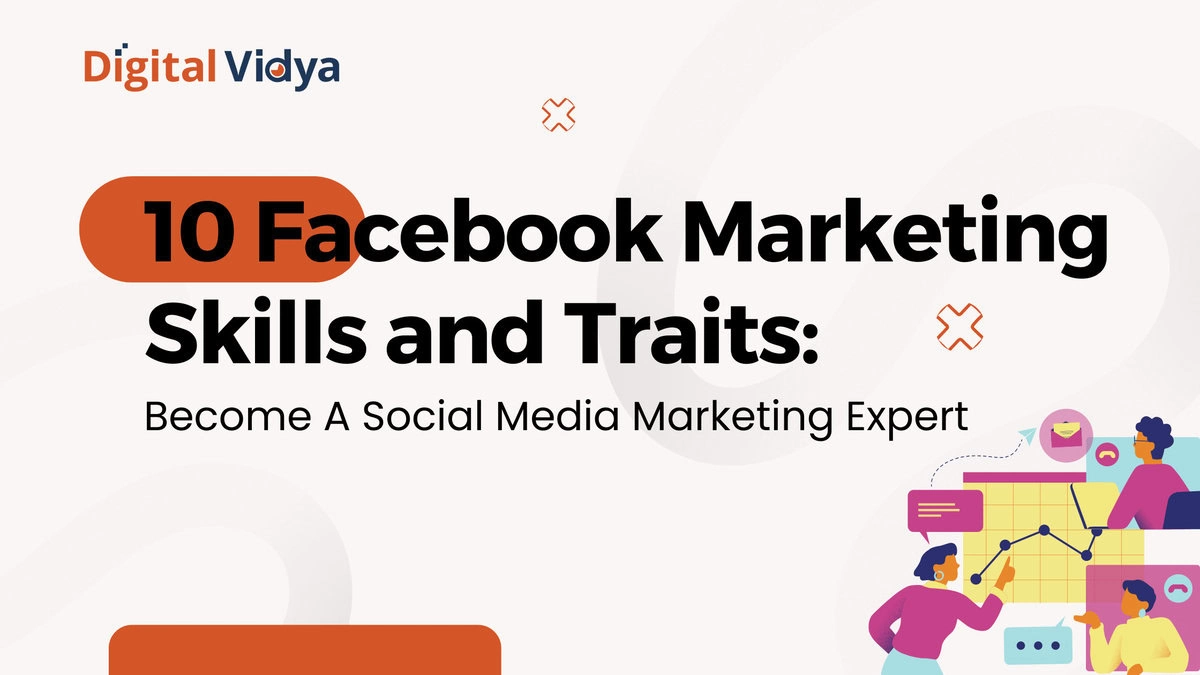
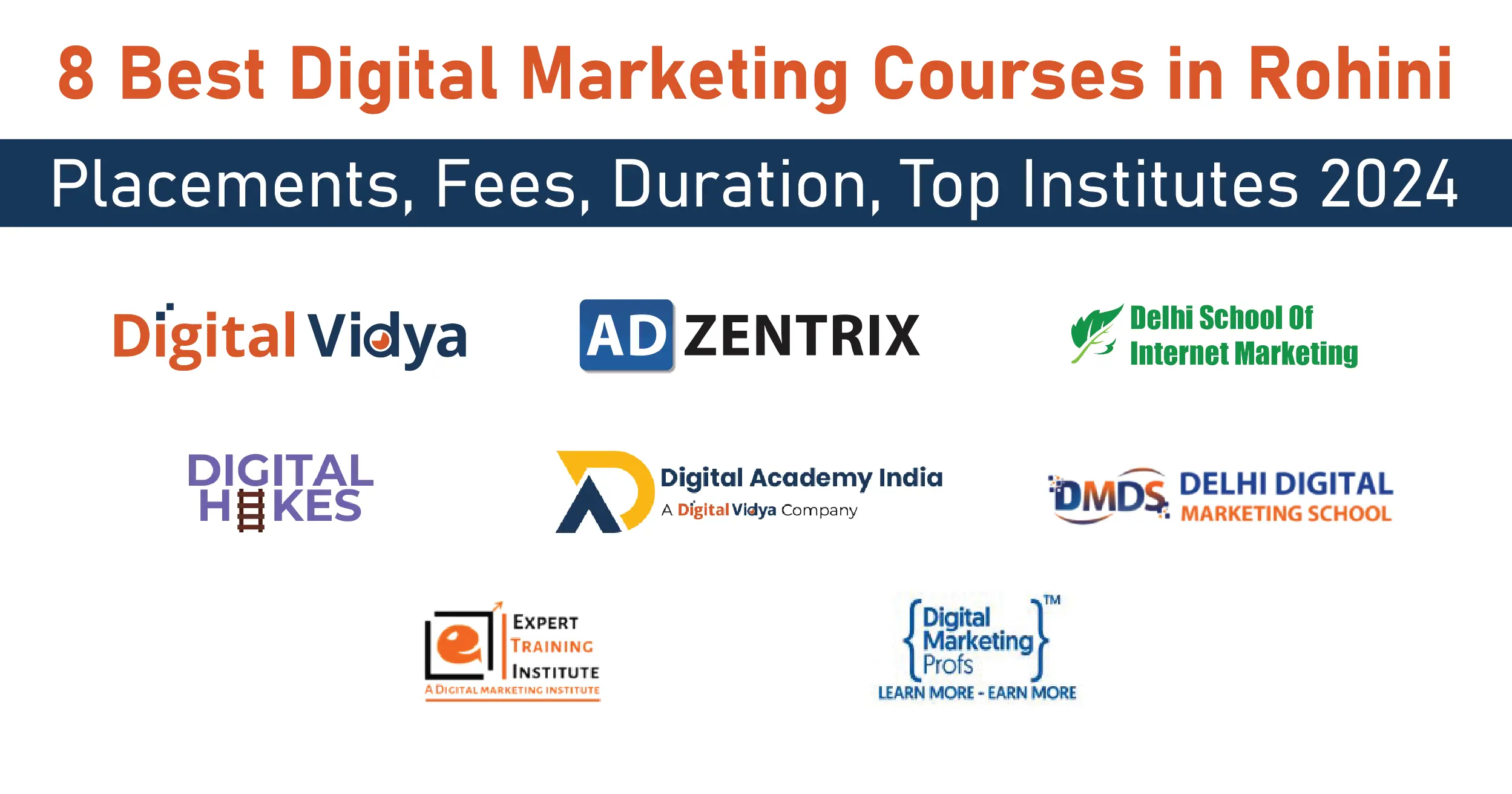






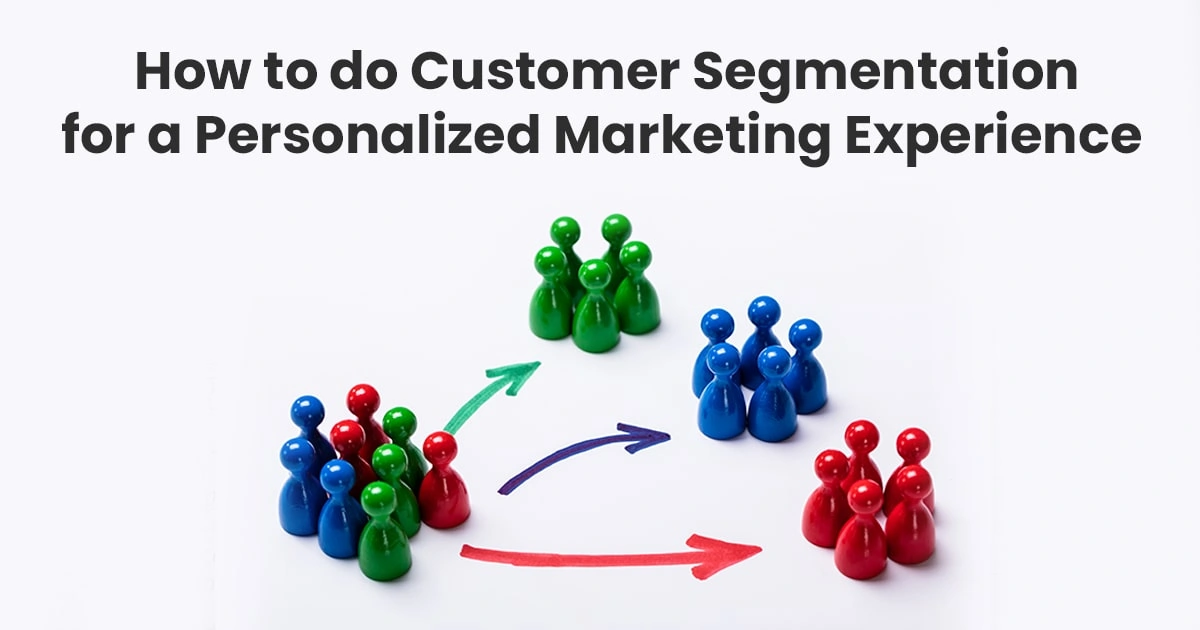




Excellent article Anukrati! Covered everything I needed to know about Online Reputation. Cleared up my whole perspective on the topic!
Thanks a lot…
Hi Sidhesh,
Thanks for appreciating our efforts.